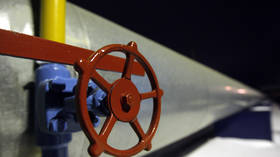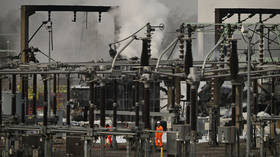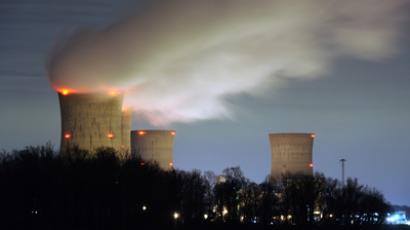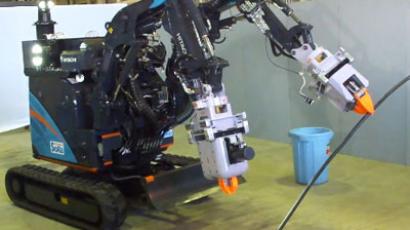Turning up the heat: Probe finds 'inadequate fireproofing' in Japanese reactors
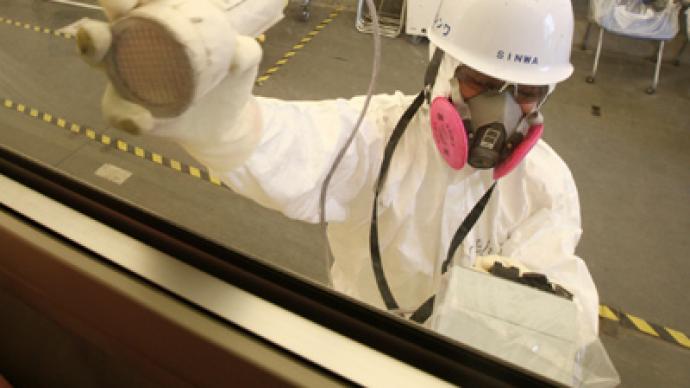
A number of Japanese nuclear plants are ill-equipped to deal with fires, a report in the Japanese media has revealed. In the wake of the country’s Fukushima disaster, poor fireproofing could set back the reactivation of nuclear stations by years.
The results of the investigation published in Japanese newspaper Manichi Shimbun showed that over 10 of the country’s 50 reactors had “inadequate fireproofing.” Sources from Japan’s Nuclear Regulation Authority (NRA) told the paper that the heightened risk of fire was caused by the use of combustible electrical cables and machinery being positioned too close together.As a result of the findings, the NRA will hold hearings with the power companies that regulate the plants to ascertain the severity of the problem.In some cases, a complete overhaul of facilities and cabling will be necessary. This drawn-out process could take years, a daunting prospect for a country facing a massive energy shortfall after the deactivation of its reactors following the Fukushima catastrophe.If the proposed renovations prove to be too expensive, the reactors could face a permanent shutdown, Manichi Shimbun’s sources said.Following the massive tsunami that triggered multiple nuclear meltdowns at the Fukushima Dai-ichi power plant in the worst nuclear crisis since Chernobyl, Japan deactivated all of its nuclear plants amid safety fears. All but two of the country’s nuclear plants were taken offline for safety checks by regulators.The government has faced significant public opposition to the reactivation of Japan’s reactors, including calls to develop other forms of energy. However, import costs and the unfeasibility of building the necessary infrastructure for renewable energy have brought Japan back to nuclear.
‘An unprecedented challenge for humanity’
The aftermath of the destruction caused by the Fukushima disaster is still being felt in Japan. On Sunday, newly elected Japanese Prime Minister Shinzo Abe said that the cleanup operation following the disaster was a challenge unlike any in human history.“The massive work toward decommissioning is an unprecedented challenge in human history,” Abe said during a visit to the stricken Fukushima plant. “Success in the decommissioning will lead to the reconstruction of Fukushima and Japan.”His governing Liberal Democratic Party is pro-nuclear but they have said they will review the promise by the previous administration to make Japan nuclear-free in three decades time.The nuclear tragedy at Fukushima was caused by a 9.3-magnitude earthquake that struck Japan on March 11, 2011, triggering a massive tsunami. Over 15,000 people were killed by the natural disaster, and thousands more were displaced.



